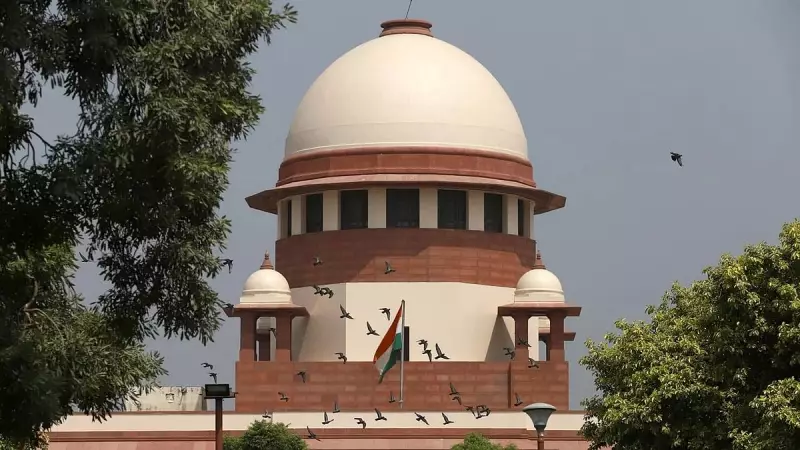
In a significant development that underscores the judiciary's seriousness about addressing the stray dogs menace, the Supreme Court has firmly declined to grant Bihar's Chief Secretary an exemption from personal appearance before the bench.
The top court's decision means that the state's senior-most bureaucrat must physically present himself during the scheduled hearing on November 3, marking a crucial moment in the ongoing legal battle over stray dog management in Bihar.
Court Takes Firm Stand on Bureaucratic Accountability
The Supreme Court's refusal to entertain the exemption plea sends a strong message about holding senior officials accountable for implementing court directives. This case has been closely watched by legal experts and animal rights activists alike, as it represents a test case for how seriously states are taking the issue of stray dog management and public safety.
Background of the Legal Battle
The case originates from growing concerns about the increasing population of stray dogs in various parts of Bihar and the subsequent risks to public health and safety. Multiple incidents of dog bites and the spread of rabies have prompted judicial intervention, with the Supreme Court taking a proactive stance in ensuring that state authorities implement effective measures to address the problem.
The court has been monitoring the state government's progress in implementing Animal Birth Control programs and other measures to manage the stray dog population humanely while balancing public safety concerns.
What to Expect on November 3
The upcoming hearing on November 3 is expected to be pivotal, with the Chief Secretary required to present a comprehensive update on:
- Progress made in implementing stray dog management programs
- Allocation of resources and infrastructure development
- Coordination between various departments involved
- Statistical data on reduction in stray dog population and bite incidents
- Future roadmap for sustainable solution implementation
Legal observers note that the court's insistence on personal appearance indicates the seriousness with which it views the matter and its determination to ensure compliance with previous directives.
Broader Implications
This case extends beyond Bihar's borders, potentially setting a precedent for how other Indian states handle similar public interest litigations. The Supreme Court's firm stance demonstrates its commitment to ensuring that state machinery responds effectively to public health concerns and implements court orders in letter and spirit.
The November 3 hearing promises to be a landmark moment in the ongoing effort to balance animal welfare concerns with public safety requirements, with all eyes on how Bihar's administration responds to the court's directives.





